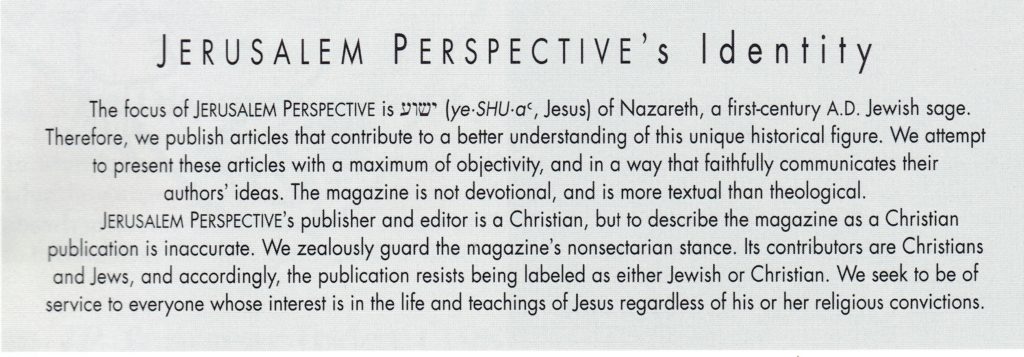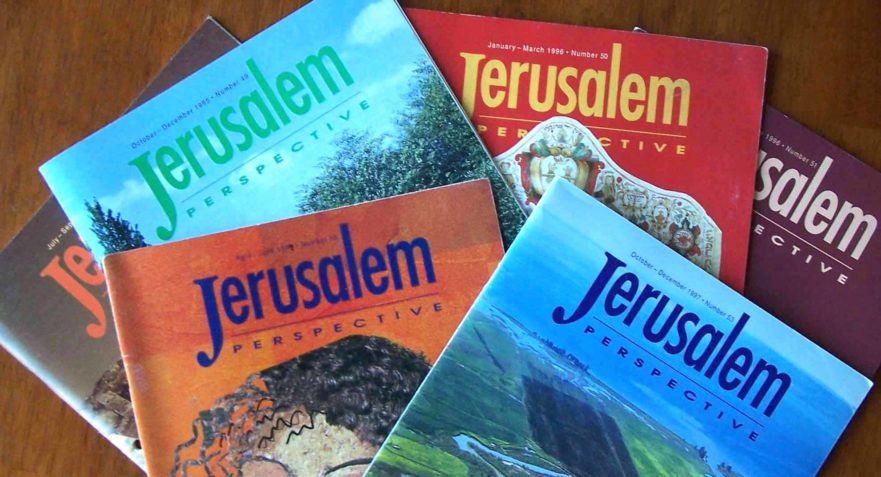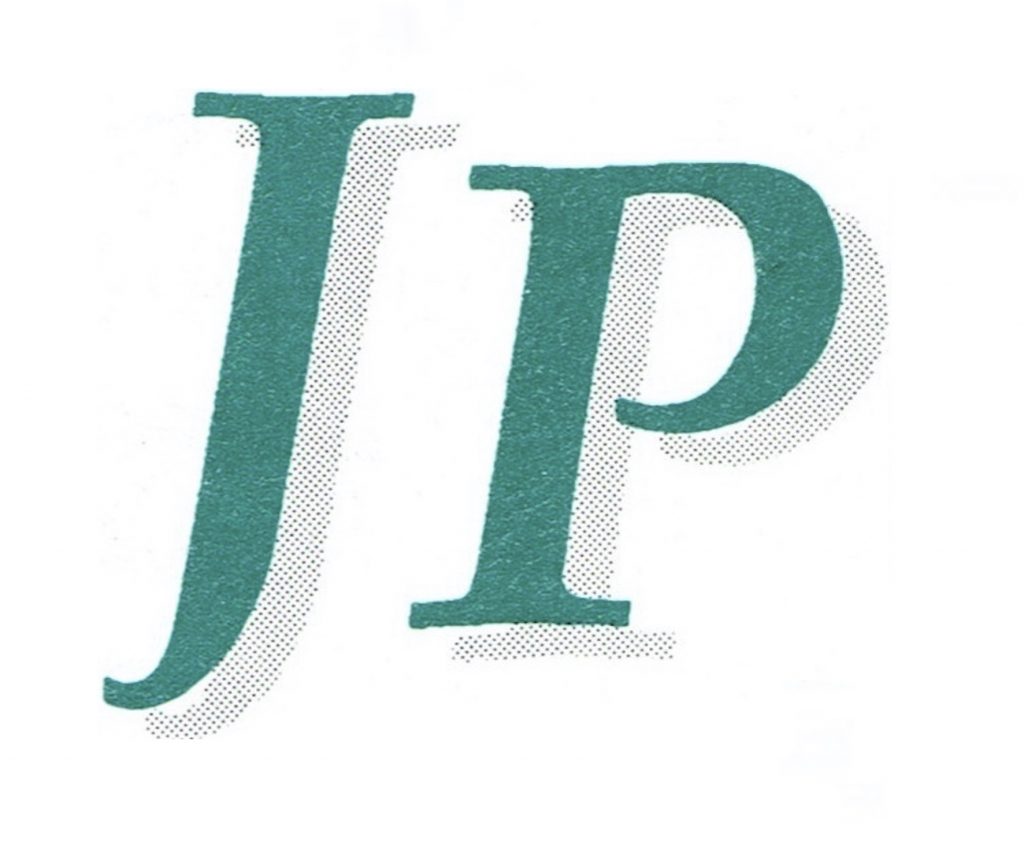
Jerusalem Perspective (JP) is an online publication dedicated to understanding Jesus and the Gospels in their historical, cultural and religious contexts (see the “About JP” page). JP will consider for publication submissions that are well-suited to its audience, that are pertinent to our areas of interest, that are of high quality and that offer fresh insights and deeper understanding of the issues the submissions set out to discuss.
Audience
JP articles are intended for well-informed laypersons who are eager to learn more about the world of the Gospels. JP’s audience includes Christians of various denominations and traditions, Jewish readers of all backgrounds, and readers without any particular faith commitments. JP articles should be relevant and edifying for its entire audience.
Content
JP will consider for publication submissions that examine a story, saying or theme in the Gospels in the light of Second Temple Jewish thought and practice as illuminated by ancient Jewish and non-Jewish literary and epigraphic sources, archaeology, geography, original languages, etc. Conversely, JP will consider submissions that examine ancient Jewish historical events, traditions, customs etc., in relation to Jesus and/or the Gospels. JP will also consider submissions that examine parallel versions of stories or sayings in the Gospels in order to understand how these versions developed and/or to reconstruct earlier versions of the saying or story or the actual events behind the text.
Submissions mostly likely to be accepted for publication will introduce an aspect of the Gospels, of Second Temple history or of first-century Judaism that is not well understood by laypersons and that has not already been discussed in previously published JP articles.
Quality
All JP submissions must meet the standards of excellence JP’s readers have come to expect. These standards include clear and concise writing that is well researched and well documented and that interacts with primary sources and scholarly literature. Every JP submission must be the author’s own work.
JP will consider fact-based submissions that accurately contextualize ancient texts, concepts or phenomena for our readers. JP will not consider pieces that use a Scripture text as pretext for making a theological point. JP is not a forum for opinion pieces, a platform for theological debate, a collection of sermons, or an online devotional.
Length
With its online format, JP is not constrained by limits of space. Submissions may be of any length the author feels is required to present their information in a clear and stimulating manner. Some articles are quite long (e.g., Huub van de Sandt’s article on the Didache), while others are quite short (e.g., David Flusser’s article on parables). Authors should feel free to make the length of their submissions match the size of the topic.
Style
Spelling
The spelling of technical terms should match those found in JP’s glossary.
Transliteration
Greek and Hebrew should be transliterated according to the following directions:
Bibliograhpy
Bibliographical references should be included in the submission’s footnotes and follow the following formats:
Books
First name Last name, Title (City: Publisher, date)[, page(s)].
|
Example: Geza Vermes, Jesus the Jew: A Historian’s Reading of the Gospels (Philadelphia: Fortress, 1981)[, 155]. |
Articles
For articles in Journals:
First name Last name, “Title” Journal Title vol.no. (date): pages.
|
Example: Rudolf Pesch, “The Markan Version of the Healing of the Gerasene Demoniac,” Ecumenical Review 23.4 (1971): 349-376. |
For articles in Books:
First name Last Name, “Article Title,” in Book Title (ed. First name Last name; City: Publisher, date), pages.
|
Example: Michael E. Stone, “The Axis of History at Qumran,” in Pseudepigraphic Perspectives: The Apocrypha and Pseudepigrapha In Light of the Dead Sea Scrolls (ed. Esther G. Chazon and Michael E. Stone; Leiden: Brill, 1999), 133-149. |
Abbreviations
Biblical Books
Abbreviations of biblical books should be as follows:
|
Hebrew Bible Gen.; Exod.; Lev.; Num.; Deut.; Josh.; Judg.; 1 Sam.; 2 Sam.; 1 Kgs.; 2 Kgs.; Isa.; Jer.; Ezek.; Hos.; Joel; Amos; Obad.; Jonah; Mic.; Nah.; Hab.; Zeph.; Hag.; Zech.; Mal.; Ps.; Job; Prov.; Ruth; Song; Eccl.; Lam.; Esth.; Dan.; Ezra; Neh.; 1 Chr.; 2 Chr. LXX Gen.; Exod.; Lev.; Num.; Deut.; Josh.; Judg.; Ruth; 1 Kgdms.; 2 Kgdms.; 3 Kgdms.; 4 Kgdms.; 1 Chr.; 2 Chr.; 1 Esd.; 2 Esd.; Esth.; Add. Esth.; Jdt.; Tob.; 1 Macc.; 2 Macc.; 3 Macc.; 4 Macc.; Ps.; Pr. Man.; Prov.; Eccl.; Song; Job; Wis.; Sir.; Pss. Sol.; Hos.; Joel; Amos; Obad.; Jonah; Mic.; Nah.; Hab.; Zeph.; Hag.; Zech.; Mal.; Isa.; Jer.; Bar.; Lam.; Ep. Jer.; Ezek.; Dan.; Add. Dan.; Pr. Azar.; Bel; Sg. Three; Sus. New Testament Matt.; Mark; Luke; John; Acts; Rom.; 1 Cor.; 2 Cor.; Gal.; Eph.; Phil.; Col.; 1 Thess.; 2 Thess.; 1 Tim.; 2 Tim.; Titus; Phlm.; Heb.; Jas.; 1 Pet.; 2 Pet.; 1 John; 2 John; 3 John; Jude; Rev. |
Rabbinic Sources
m. = Mishnah
t. = Tosefta
b. = Bavli
y. = Yerushalmi
Tractates
| Alphabetically | Mishnaic Order |
| Arach. = Arachin | Ber. = Berachot |
| Avod. Zar. = Avodah Zarah | Peah = Peah |
| Avot = Avot | Dem. = Demai |
| Bab. Bat. = Baba Batra | Kil. = Kilayim |
| Bab. Kam. = Baba Kama | Shev. = Sheviit |
| Bab. Metz. = Baba Metzia | Ter. = Terumot |
| Bech. = Bechorot | Maas. = Maaserot |
| Ber. = Berachot | Maas. Sh. = Maaser Sheni |
| Betz. = Betzah | Hal. = Hallah |
| Bik. = Bikkurim | Orl. = Orlah |
| Dem. = Demai | Bik. = Bikkurim |
| Edu. = Eduyot | Shab. = Shabbat |
| Eruv. = Eruvin | Eruv. = Eruvin |
| Git. = Gittin | Pes. = Pesahim |
| Hag. = Hagigah | Shek. = Shekalim |
| Hal. = Hallah | Yom. = Yoma |
| Hor. = Horayot | Suk. = Sukkah |
| Hul. = Hullin | Betz. = Betzah |
| Kel. = Kelim | Rosh Hash. = Rosh Hashanah |
| Ker. = Keritot | Taan. = Taanit |
| Ket. = Ketuvot | Meg. = Megillah |
| Kid. = Kiddushin | Moed Kat. = Moed Katan |
| Kil. = Kilayim | Hag. = Hagigah |
| Kin. = Kinnim | Yev. = Yevamot |
| Maas. = Maaserot | Ket. = Ketuvot |
| Maas. Sh. = Maaser Sheni | Ned. = Nedarim |
| Mak. = Makkot | Naz. = Nazir |
| Maksh. = Makshirin | Sot. = Sotah |
| Meg. = Megillah | Git. = Gittin |
| Meil. = Meilah | Kid. = Kiddushin |
| Men. = Menahot | Bab. Kam. = Baba Kama |
| Mid. = Middot | Bab. Metz. = Baba Metzia |
| Mik. = Mikvaot | Bab. Bat. = Baba Batra |
| Moed Kat. = Moed Katan | Sanh. = Sanhedrin |
| Naz. = Nazir | Mak. = Makkot |
| Ned. = Nedarim | Shevu. = Shevuot |
| Neg. = Negaim | Edu. = Eduyot |
| Nid. = Niddah | Avod. Zar. = Avodah Zarah |
| Ohol. = Oholot | Avot = Avot |
| Orl. = Orlah | Hor. = Horayot |
| Par. = Parah | Zev. = Zevahim |
| Peah = Peah | Men. = Menahot |
| Pes. = Pesahim | Hul. = Hullin |
| Rosh Hash. = Rosh Hashanah | Bech. = Bechorot |
| Sanh. = Sanhedrin | Arach. = Arachin |
| Shab. = Shabbat | Tem. = Temurah |
| Shek. = Shekalim | Ker. = Keritot |
| Shev. = Sheviit | Meil. = Meilah |
| Shevu. = Shevuot | Tam. = Tamid |
| Sot. = Sotah | Mid. = Middot |
| Suk. = Sukkah | Kin. = Kinnim |
| Taan. = Taanit | Kel. = Kelim |
| Tam. = Tamid | Ohol. = Oholot |
| Tem. = Temurah | Neg. = Negaim |
| Ter. = Terumot | Par. = Parah |
| Tev. Yom = Tevul Yom | Toh. = Tohorot |
| Toh. = Tohorot | Mik. = Mikvaot |
| Ukz. = Ukzin | Nid. = Niddah |
| Yad. = Yadayim | Maksh. = Makshirin |
| Yev. = Yevamot | Zav. = Zavim |
| Yom. = Yoma | Tev. Yom = Tevul Yom |
| Zav. = Zavim | Yad. = Yadayim |
| Zev. = Zevahim | Ukz. = Ukzin |
Examples of citations of rabbinic works:
m. Sanh. 10:2
y. Sanh. 10:2 [52b]
b. Sanh. 5b
Avot de-Rabbi Natan, Version A, §39
Mechilta de-Rabbi Ishmael, Shirata §7
Gen. Rab. 3:1
Sifre Num. §69
Other Ancient Sources
Abbreviations for Pseudepigrapha, DSS, Philo, Josephus, Classical sources and Early Christian literature follow the SBL Handbook of Style.
Series Submissions
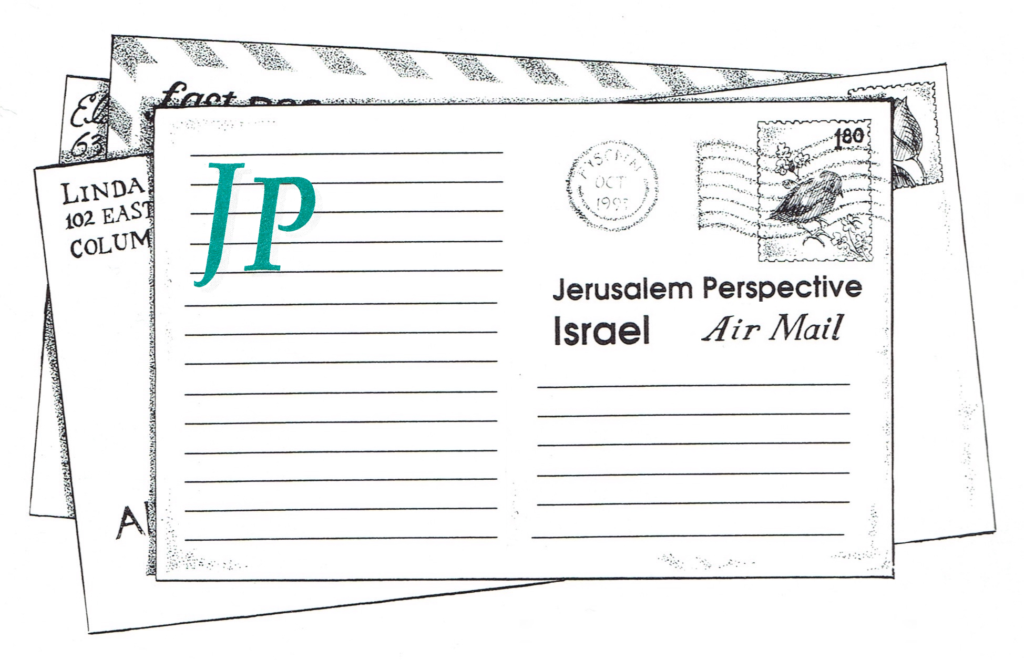
Submissions to JP’s “Holy Land Postcard” series should select a site located in biblical environs that the writer has visited. The “postcard” should briefly explain the site’s significance. Provide biblical and historical background that makes the site come alive to readers. Include photos (with captions) that allow readers to view the site from all angles.
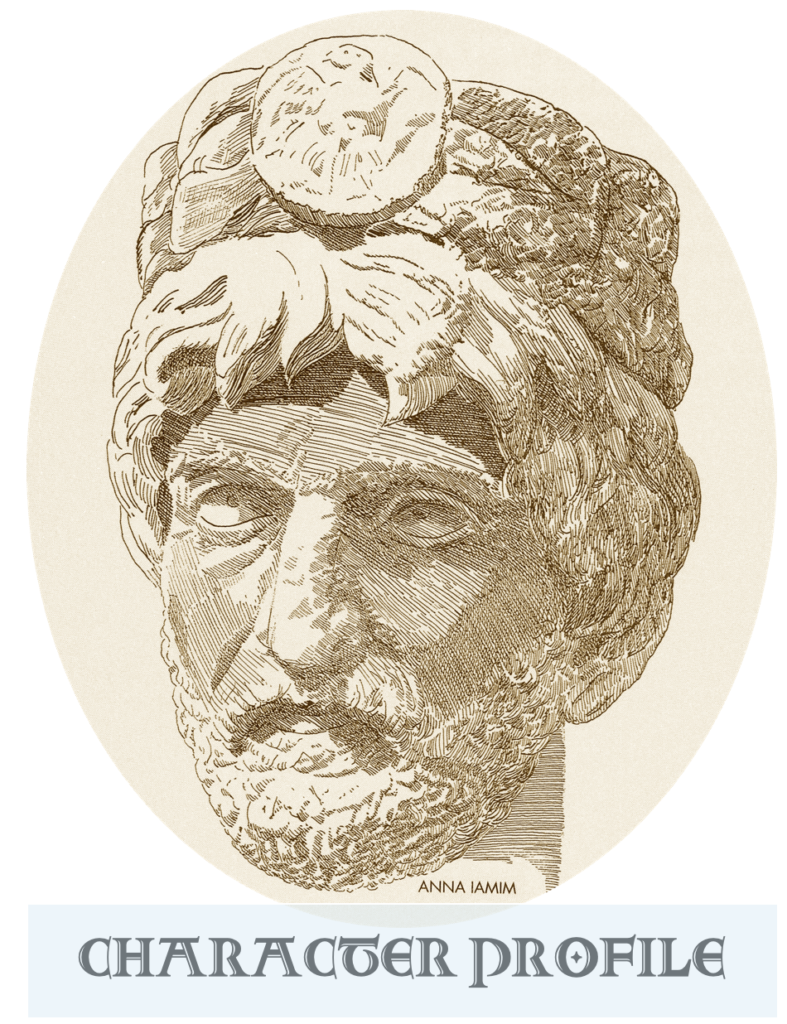
Submissions to JP’s “Character Profile” series should select an historical person mentioned in the Gospels or who helped shaped the world in which the Gospels are set. Explain what contribution this individual made to Second Temple Jewish society and how that person’s influence is felt in the pages of the Gospels or in the teachings of Jesus.
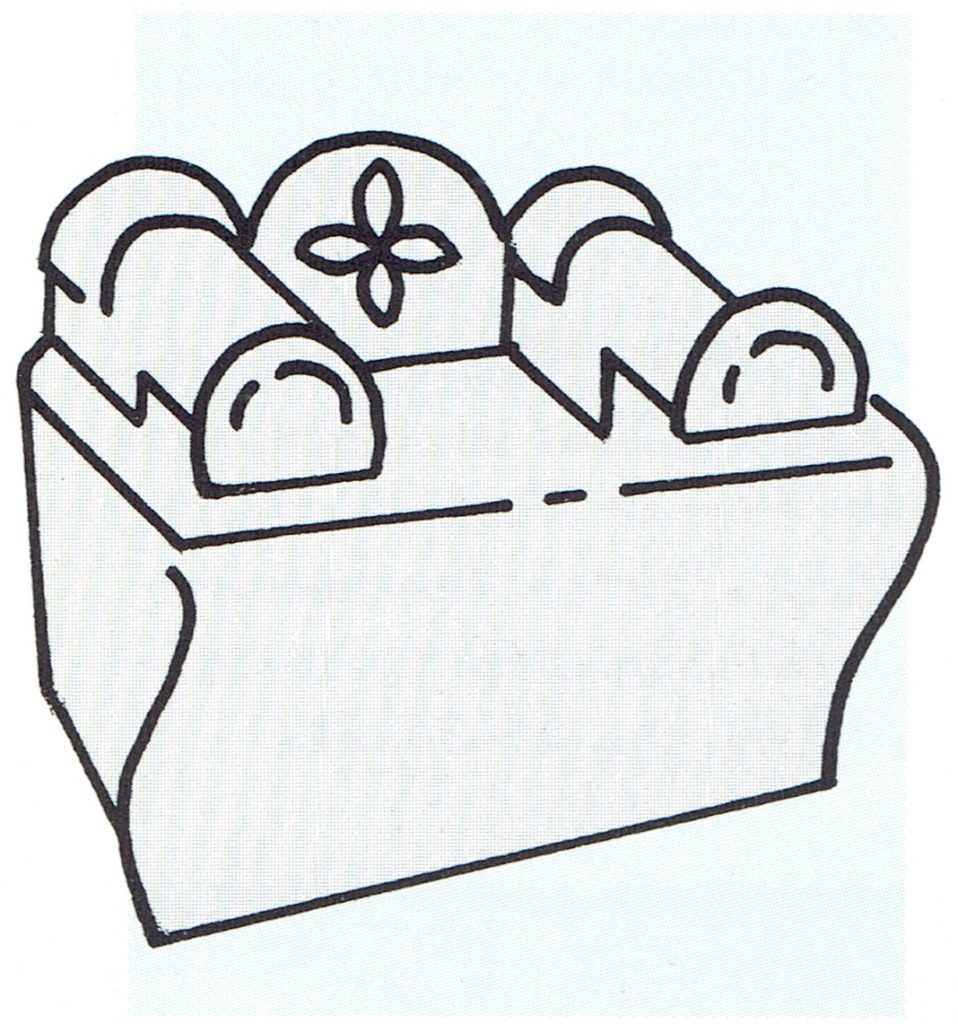
Essays included in the “From Moses’ Seat” series are by invitation only.
How to Submit
Fill out the form below with a brief description of your proposed submission, and a member of JP’s editorial staff will be in touch.
